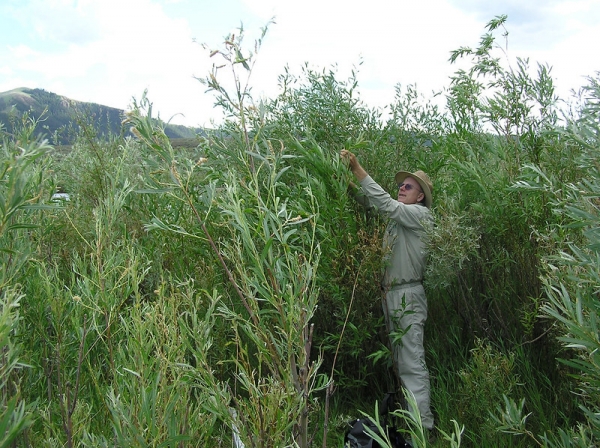An international team of scientists led by Oregon State University researchers has used a novel 500-year dataset to frame a “restorative” pathway through which humanity can avoid the worst ecological and social outcomes of climate change.
An international team of scientists led by Oregon State University researchers has used a novel 500-year dataset to frame a “restorative” pathway through which humanity can avoid the worst ecological and social outcomes of climate change.
In addition to charting a possible new course for society, the researchers say their “paradigm shifting” plan can support climate modeling and discussion by providing a set of actions that strongly emphasize social and economic justice as well as environmental sustainability.
Oregon State’s William Ripple, former OSU postdoctoral researcher Christopher Wolf and collaborators argue their scenario should be included in climate models along with the five “shared socioeconomic pathways,” or SSPs, that are used by the U.N.’s Intergovernmental Panel on Climate Change.
Read More: Oregon State University
William Ripple, photo courtesy Terra Magazine (Photo Credit: Oregon State University)
https://today.oregonstate.edu/news/scientists-outline-bold-solution-climate-change-biodiversity-loss-social-injustice




